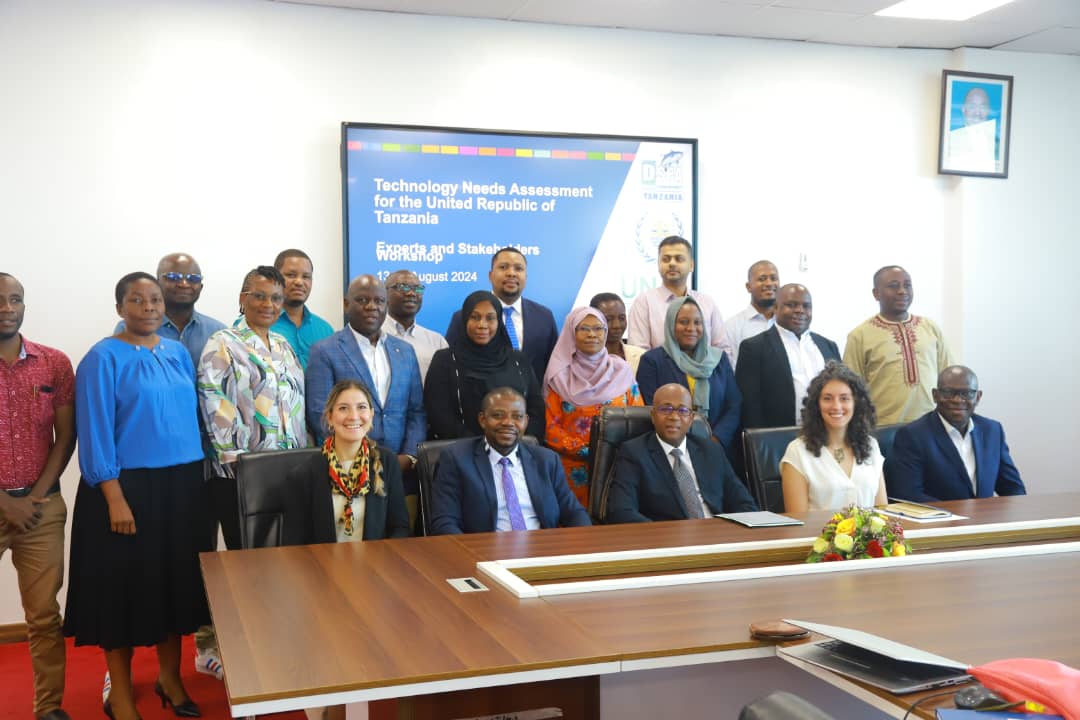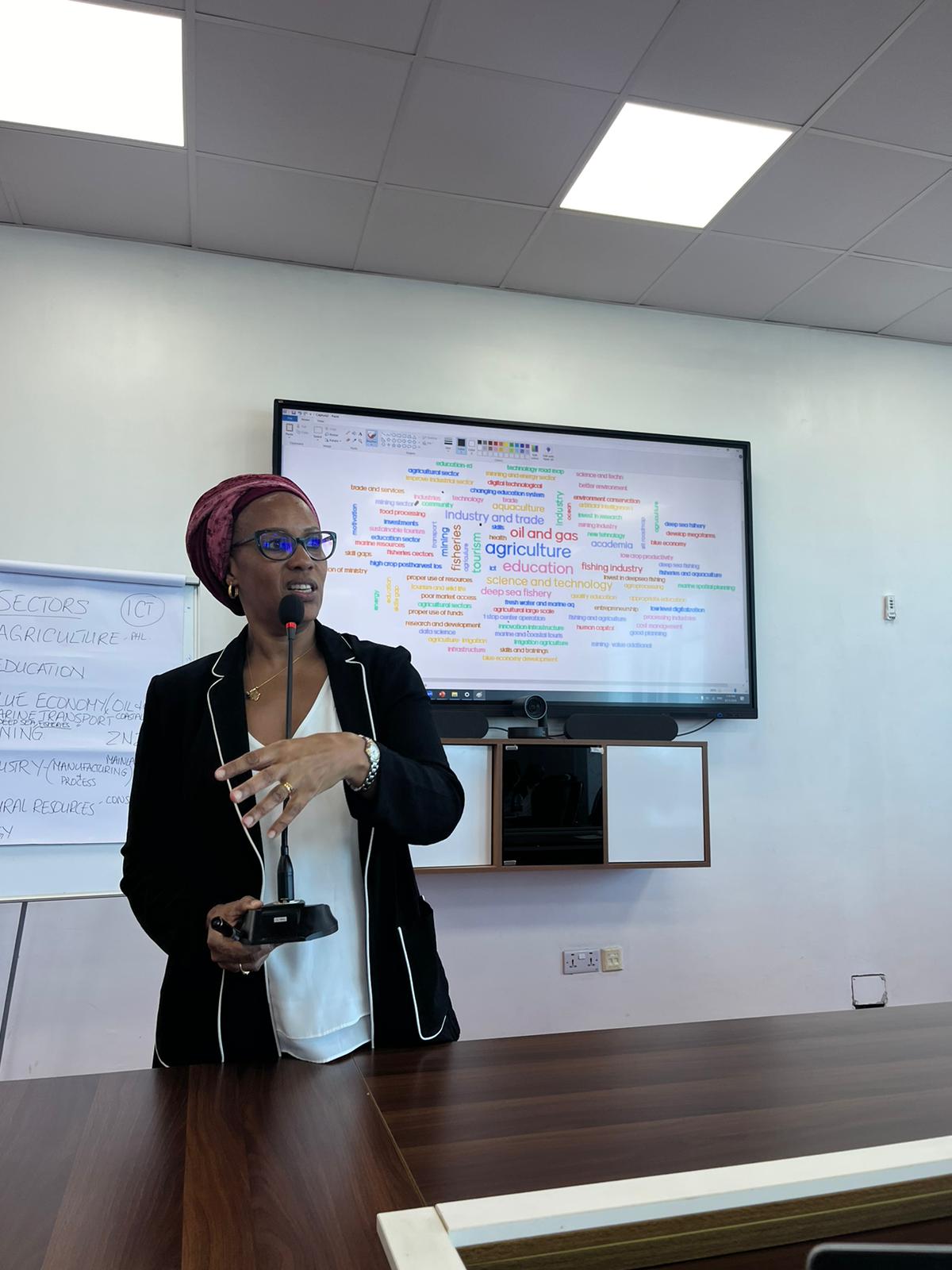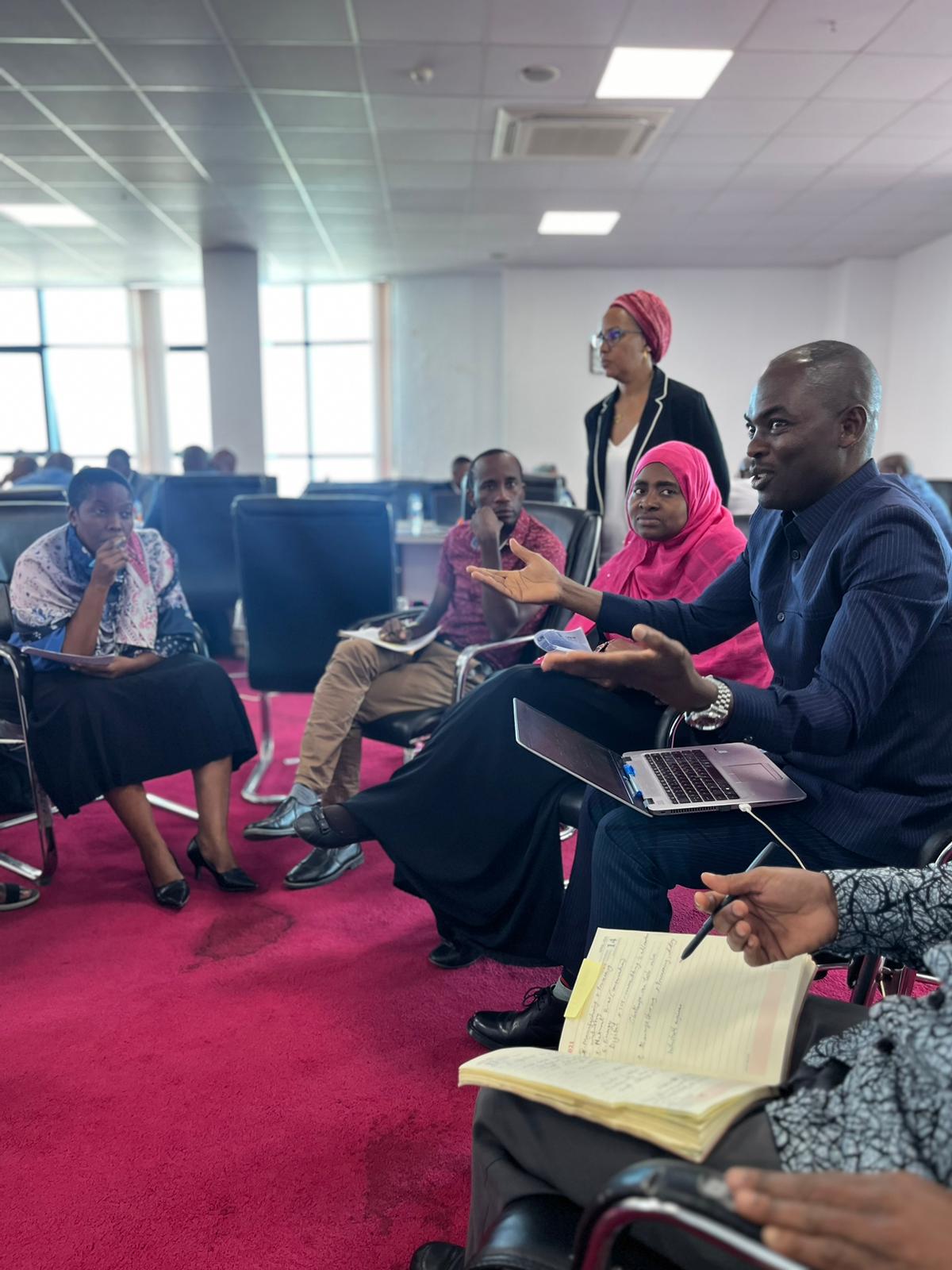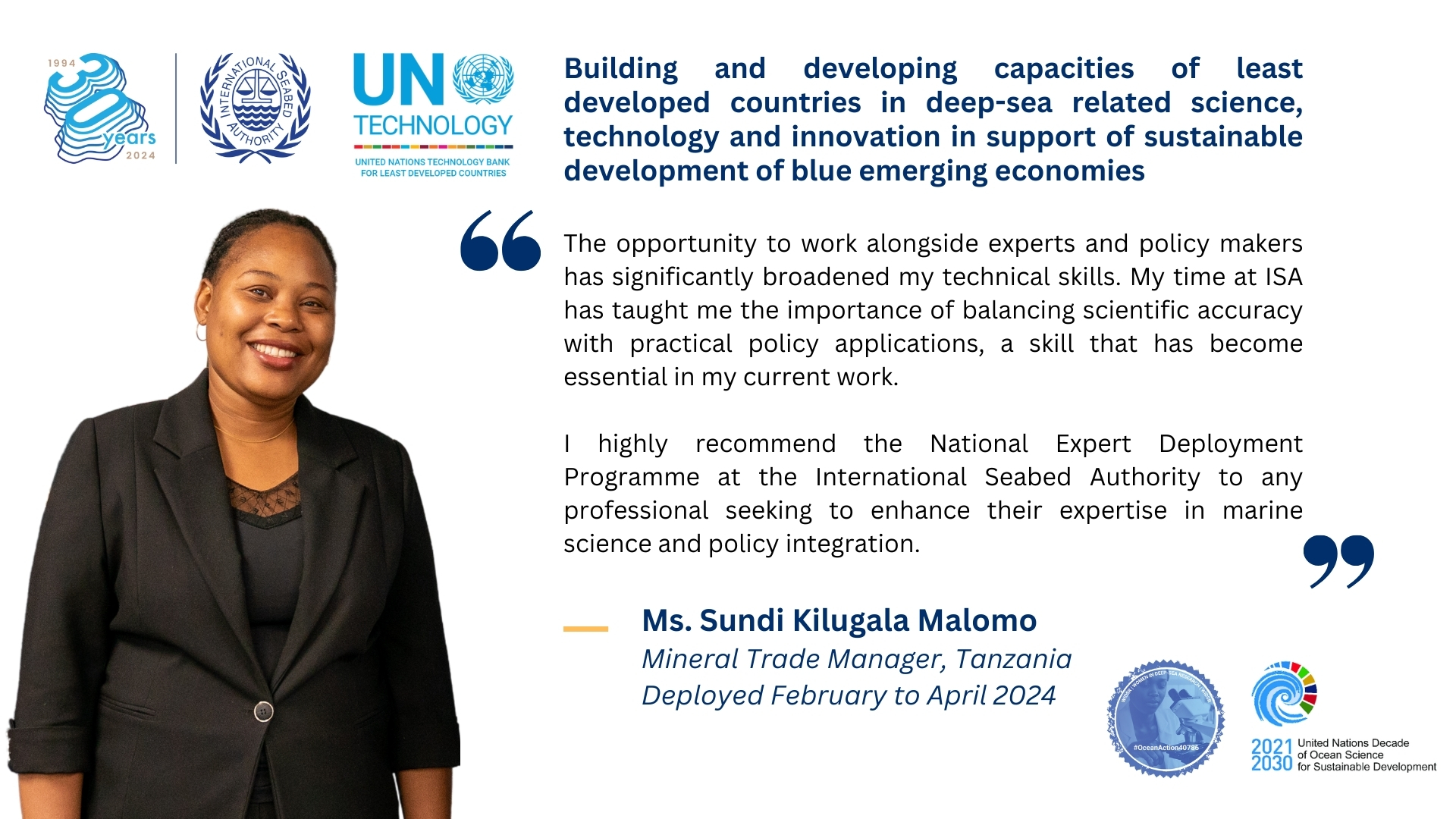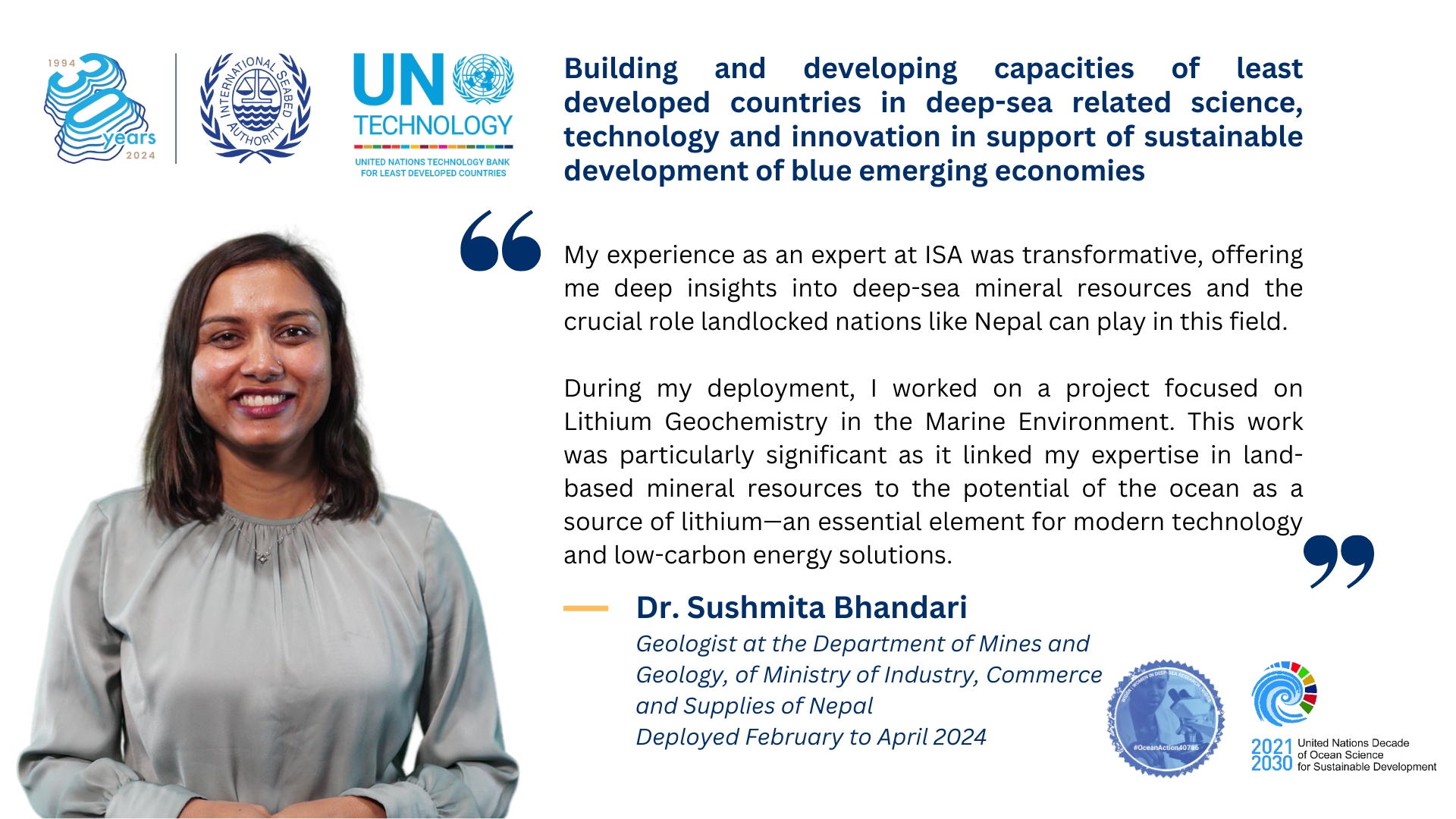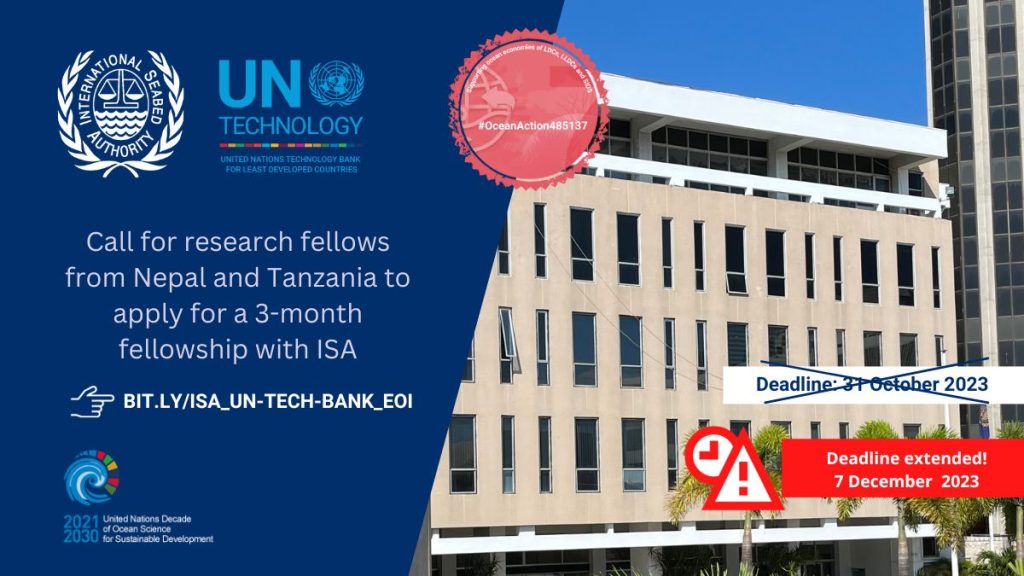ISA-UNTBLDC Partnership
BUILDING AND DEVELOPING CAPACITIES OF LEAST DEVELOPED COUNTRIES IN DEEP-SEA RELATED SCIENCE, TECHNOLOGY AND INNOVATION IN SUPPORT OF SUSTAINABLE DEVELOPMENT OF BLUE EMERGING ECONOMIES
The oceans cover almost 71% of the Earth’s surface and have always been vital in the development of humanity, providing food, minerals, oxygen, and facilitating trade and communication. Over the past century, the global reliance on ocean resources has increased, driven by technological advancements that have expanded access to both living and non-living marine resources. This progress also brings challenges, including the need for equitable management of global commons and the distribution of their benefits, aligning with Sustainable Development SDG 14.
UNCLOS provides the legal framework for the sustainable use and protection of the oceans. It emphasizes the equitable and efficient utilization of marine resources and the protection of the marine environment, contributing to a just international economic order, particularly for developing countries.
As at July 2024, UNCLOS has near-universal adoption, with 169 Parties, including 168 member States and the European Union. However, many Least Developed Countries (LDCs) face unique challenges, with nine landlocked LDCs yet to become parties to UNCLOS. According to the Least Developed Countries Report 2020 issued by the United Nations Conference on Trade and Development (UNCTAD), LDCs are among the world’s most vulnerable economies, as reflected in the Economic Vulnerability Index (EVI), which indicates that they are 30% more vulnerable than other developing countries and face the risk of being left further behind as the technological gap widens between them and more technologically-advanced countries.
The Doha Programme of Action (DPoA) for the Least Developed Countries for 2022-2031 calls for strengthened commitments between LDCs and their development partners. It emphasizes the need for the UN system, including its specialized agencies, to provide financial, technical, and policy support to LDCs. The DPoA identifies six key focus areas, including capacity building, leveraging science and technology, and addressing climate change.
In line with these goals, the UN Technology Bank for Least Developed Countries (UN-TechBank) has partnered with ISA to design and implement joint activities aimed at building the capacities of LDCs. This partnership focuses on two priority areas of the DPoA:
- investing in people in LDCs: eradicating poverty and building capacity to leave no one behind;
- leveraging the power of science, technology, and innovation to fight against multidimensional vulnerabilities and to achieve the SDGs.
Project Objectives
The main objective of the partnership between ISA and the UN-TechBank is to create the enabling conditions for LDCs to:
- Better understand the rights recognized to them under UNCLOS which should support the sustainable development of blue emerging economic sectors aligned with their respective national socio-development priorities;
- Effectively engage in the global ocean governance processes including the activities of ISA through marine increased scientific, technical and legal capacities;
- Recognize and identify specific measures to facilitate the participation of women scientists from LDCs with deep-sea related skills in research and technology-oriented programmes and activities.
To deliver against these project objectives, the activities listed below are under implementation:
ISA-UNTBLDC National Expert Deployment Programme
The project deploys national experts from least developed countries (LDC) with an aims to strengthen the national science-policy interface. During the deployment, selected professionals work on deep-sea science innovation and technology and strengthen national capacities in ocean science and matters related to emerging blue economies. The experts are full-time government employees with diverse experiences with a background in geoscience (geology, geochemistry, geophysics, marine geoscience), environmental economy and policy studies focusing on raw materials.
Similar to wider ISA national expert deployment programmes, the programme highlights include:
- Join the ISA Secretariat expert team to advance global research priorities in deep-sea related matters.
- Gain direct exposure to multilateral discussions and processes on the co-management of global commons.
- Work and liaise with a diverse and international team of experts.
- Gain hands-on experience in marine scientific research, the law of the sea, ocean governance, blue economy and deep-sea exploration.
- Contribute to the development of national policies and strategies on deep-seabed related matters.
- Strengthen technical capacity through specialized training and experience.
ISA-UNTBLDC Research Fellowship
The research fellowship aims to build on existing capacity development initiatives to provide researchers with technical skills on deep-seabed related matters. Secondly, the fellowship enables the ISA Secretariat to benefit from the contribution of such research experts with a view of advancing specific tasks identified in partnership with the Legal and Technical Commission (LTC).
During the research fellowship, the fellows work on:
- supporting the Office of Environmental Management and Mineral Resources of the ISA Secretariat);
- scientifically structuring the data collected in ISA’s database with the ISA Secretariat and the data management group of the Legal and Technical Commission;
- supporting the Executive Office of the Secretary-General of ISA in relation to ocean governance, ocean/blue economy policy and capacity development; and
- fostering cooperation with local universities (geoscience) with a view to increase awareness about the work of ISA.
Research fellows are typically post-doctoral or doctoral researchers with a background in geoscience (geology, geochemistry, geophysics, marine geoscience will be considered an added advantage), environmental economy and policy studies focusing on raw materials.
